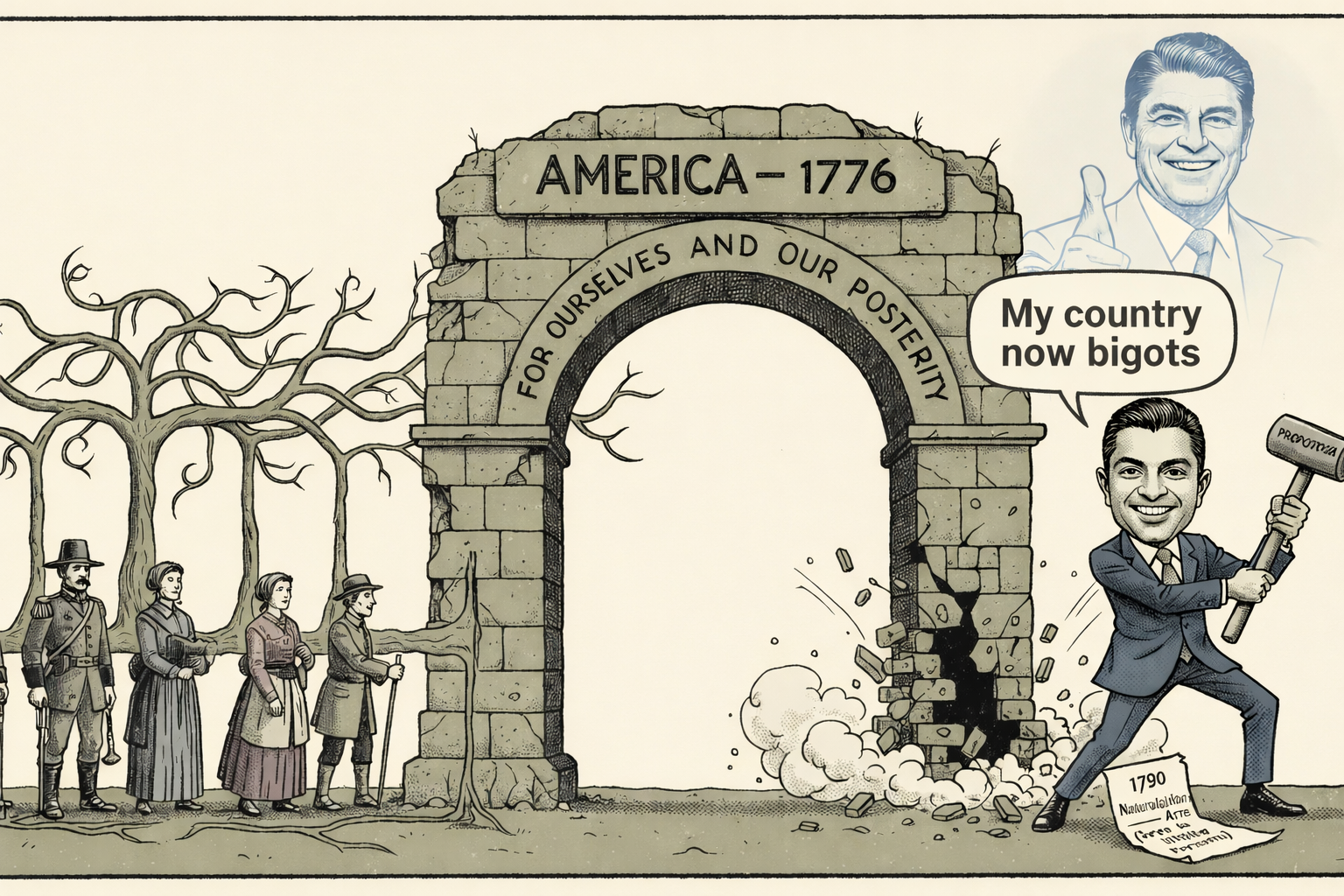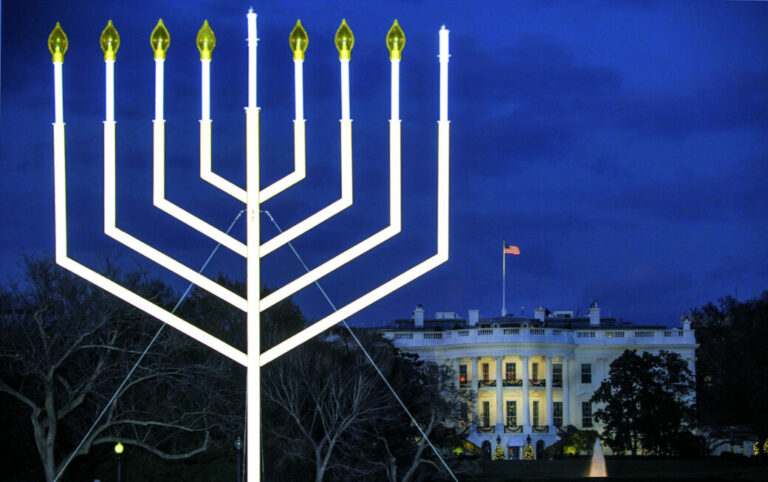Despite what popular culture says, power and authority are not evil. Power and authority simply are. Power can be wielded wisely or foolishly. Authority can be exercised faithfully or it can be abused. The Christian life is one in which rebels make war against their rightful King, they repent of their rebellion, pledge their loyalty to serve Him, and are not treated as scum but are rather trained to rule at their King’s side. The Christian life is about growing into maturity, into the likeness of the fully mature Man, Jesus Christ, and being made ready to wield power and authority faithfully. David is the Old Testament’s prime example of this, as you will see here:
Catch the First Sermon in this series here.
Catch the Second Sermon in this series here.
Catch the Third Sermon in this series here.
Catch the Fourth Sermon in this series here.
Catch the Fifth Sermon in this series here.
26 Now the Ziphites came to Saul at Gibeah, saying, “Is David not hiding in the hill of Hachilah, opposite Jeshimon?” 2 Then Saul arose and went down to the Wilderness of Ziph, having three thousand chosen men of Israel with him, to seek David in the Wilderness of Ziph. 3 And Saul encamped in the hill of Hachilah, which is opposite Jeshimon, by the road. But David stayed in the wilderness, and he saw that Saul came after him into the wilderness. 4 David therefore sent out spies, and understood that Saul had indeed come.
5 So David arose and came to the place where Saul had encamped. And David saw the place where Saul lay, and Abner the son of Ner, the commander of his army. Now Saul lay within the camp, with the people encamped all around him. 6 Then David answered, and said to Ahimelech the Hittite and to Abishai the son of Zeruiah, brother of Joab, saying, “Who will go down with me to Saul in the camp?”
And Abishai said, “I will go down with you.”
7 So David and Abishai came to the people by night; and there Saul lay sleeping within the camp, with his spear stuck in the ground by his head. And Abner and the people lay all around him. 8 Then Abishai said to David, “God has delivered your enemy into your hand this day. Now therefore, please, let me strike him at once with the spear, right to the earth; and I will not have to strike him a second time!”
9 But David said to Abishai, “Do not destroy him; for who can stretch out his hand against the Lord’s anointed, and be guiltless?” 10 David said furthermore, “As the Lord lives, the Lord shall strike him, or his day shall come to die, or he shall go out to battle and perish. 11 The Lord forbid that I should stretch out my hand against the Lord’s anointed. But please, take now the spear and the jug of water that are by his head, and let us go.” 12 So David took the spear and the jug of water by Saul’s head, and they got away; and no man saw or knew it or awoke. For they were all asleep, because a deep sleep from the Lord had fallen on them.
13 Now David went over to the other side, and stood on the top of a hill afar off, a great distance being between them. 14 And David called out to the people and to Abner the son of Ner, saying, “Do you not answer, Abner?”
Then Abner answered and said, “Who are you, calling out to the king?”
15 So David said to Abner, “Are you not a man? And who is like you in Israel? Why then have you not guarded your lord the king? For one of the people came in to destroy your lord the king. 16 This thing that you have done is not good. As the Lord lives, you deserve to die, because you have not guarded your master, the Lord’s anointed. And now see where the king’s spear is, and the jug of water that was by his head.”
17 Then Saul knew David’s voice, and said, “Is that your voice, my son David?”
David said, “It is my voice, my lord, O king.” 18 And he said, “Why does my lord thus pursue his servant? For what have I done, or what evil is in my hand? 19 Now therefore, please, let my lord the king hear the words of his servant: If the Lord has stirred you up against me, let Him accept an offering. But if it is the children of men, may they be cursed before the Lord, for they have driven me out this day from sharing in the inheritance of the Lord, saying, ‘Go, serve other gods.’ 20 So now, do not let my blood fall to the earth before the face of the Lord. For the king of Israel has come out to seek a flea, as when one hunts a partridge in the mountains.”
21 Then Saul said, “I have sinned. Return, my son David. For I will harm you no more, because my life was precious in your eyes this day. Indeed I have played the fool and erred exceedingly.”
22 And David answered and said, “Here is the king’s spear. Let one of the young men come over and get it. 23 May the Lord repay every man for his righteousness and his faithfulness; for the Lord delivered you into my hand today, but I would not stretch out my hand against the Lord’s anointed. 24 And indeed, as your life was valued much this day in my eyes, so let my life be valued much in the eyes of the Lord, and let Him deliver me out of all tribulation.”
25 Then Saul said to David, “May you be blessed, my son David! You shall both do great things and also still prevail.”
So David went on his way, and Saul returned to his place.
1 Samuel 26:1-25
Introduction
Do you remember what it was like to be a little kid, and there was something your parents did or older siblings did that you wanted to get to do, but you were not allowed to? “Someday, when you are older,” you were told. Do you remember how it felt to be told that? To be told to wait? It is excruciating. “I don’t want to wait. I want to use dad’s chainsaw now!” cries the six-year-old boy. “Why can’t I have a cell phone, all my friends have one!” The 12-year-old girl says in a huff. There’s an anguish in not getting to do what you want when you want it. I have said many times the Bible is a book about maturity. About taking a baby and growing him into a man. About going from a slave to a king. Part of maturity is not reaching for those things you are not ready for, that have not been given to you, things that will be a danger to you if you are not ready. For the last three chapters in 1 Samuel, this is what David has been experiencing. He has been faced with a test that he must pass in order to be given the kingdom.
David in Saul’s Camp (26:1-12)
After David’s kinsmen, the Ziphites betray him once again, Saul violates the peace between him and David and takes a brigade of chosen men to hunt him down. David remained in the wilderness and, this time, sought out Saul, sending spies to see if he was actually coming this time. David went with his men to the place where Saul camped where he saw Abner, Saul’s relative and second-in-command, and saw that Saul was at the center of the fortified camp. David asked Ahimelech the Hittite and Abishai, Joab’s brother who would go with them and Abishai was willing.
David and Abishai snuck into the camp at night. Apparently all the men who were set to watch had fallen asleep. They came to Saul and saw him with his spear in the ground by his head. Abishai, who is very much like his brother Joab who would be a major problem for David during his reign, wanted to kill Saul. Abishai knew if he could kill Saul all their problems would be over immediately. But David knew that he could not do it. God has forbidden them from touching His Anointed Deliverer. But what does David say? That God is going to take care of Saul. Yahweh will strike him down. But it is not David that will be the instrument to kill him.
Instead, what does David do? He takes Saul’s spear and the water jug next to him. Some commentators have pointed out the allusions to the Garden in this story. Saul and his men were in a deep sleep from Yahweh. What is in Eden? Well trees and water. Like Eden, here there are two trees. The spear and Saul himself. David does not take the forbidden tree, and rebukes the one who wanted to. Instead, he takes the spear tree and the water beside it. David chooses wisely.
David Proves His Kingliness (v. 13-25)
David reaches safety and calls out not to Saul, but to Abner. It is Abner who has taken David’s place at Saul’s side, and it is Abner who has failed to defend the king. David condemns Abner for his failure to defend Saul. He tells Abner he deserves death for his failure.
Saul finally awoke and heard David’s voice. But it is David who spoke to Saul and told him that evil men had stirred up Saul, the same kind of men who stirred up Israel to serve other gods. They are the men who have driven David from enjoying the fruit of the Land. And like Chapter 24 of 1 Samuel, David likens himself to a flea that Saul is chasing.
How does Saul respond to this rebuke? He admits his sin. He admits that he has done it foolishly and made a mistake. But based on all that we know about Saul, this is worldly grief and not godly grief that produces repentance, as the Apostle Paul describes for us in 2 Corinthians. This is feeling bad “I got caught” rather than deep, heartfelt change produced by the Holy Spirit.
David knows this. He tells Saul, please reciprocate what I have now twice done for you. I valued your life, and you need to do the same for me. Saul at least verbally assents to this, speaking a blessing upon David. But David knows. Saul has pursued David after David spared his life. If he did it before, he is capable of doing it again. Saul cannot be trusted. But for now, they go their separate ways.
Conclusion
What does this all mean? David is faced with a situation almost identical to what happened in Chapter 24. When the Bible has anything that runs parallel to something else, as it often does, the differences are almost as important as the similarities. We can see pretty easily how the two stories are similar, but how are they different? In the first story, Saul randomly arrives in the same cave David is hiding in. In the second, David intentionally seeks him out. The hunter becomes the hunted. David has advanced to a new stage of maturity. Instead of waiting for Saul to dictate what is going to happen, David takes charge of the situation himself.
Secondly, David’s men wanted him to kill Saul, but he rebuked them. This time, one of David’s men, Abishai, wants to kill Saul himself, and David has to restrain him. David takes an even more active role in defending Saul than he did before.
Finally, David likens what is happening to him personally to the apostasy of Israel more generally. David being driven from the Land is directly connected to those who are causing Israel to pursue other gods. If we are supposed to recognize these allusions to the Garden, this is a big one. Listening to the voice of other gods is what gets you kicked out of the Land. It is what gets you exiled from the Garden. These wicked men doing that to David are going to get them all kicked out of The Land. There is even a picture of Jesus, if we have eyes to see it, of wicked, idolatrous men exiling the Son of David who had done nothing wrong, who will eventually find themselves exiled from the Land.
But still more, we see what it means for us. David had reached a new stage of maturity. He has proven himself with the double witness of refusing to grab the forbidden fruit and instead waiting for God to hand it to him. God does not leave you as a baby but grows you. The “one day when you are old enough” will come. The irony, of course, is you often do not really understand that “when you are old enough” always comes until you have seen “when you are old enough” come to fruition several times. I remember at some point in high school, it was cold out, and I put on my coat, and I realized I had been putting my coat on when it was cold for years without having to be told to. It seems silly and trivial, but these lightbulb moments where you realize “I’m actually not a kid anymore” are meaningful. We go through these throughout all of life. Sometimes they are just handed to you without you ever feeling “officially ready.” “Alright 20-something-year-old man, here is an actual, tiny human being to take care of. Don’t mess up!”
God has created us to grow and mature. And that maturity has a goal. The goal is to rule. Rule over ourselves. Rule over our families. Rule over whatever god has put into our hands. He created a people to take dominion over the world He made. And it is a world, because of human weakness and sin, that is full of thorns and thistles to navigate. Those thorns and thistles, like Saul was to David and even David’s men at times, are placed in our path by God. He wants us to rule well, to restrain ourselves, and to act wisely.
When we look at the challenges in our own lives, both as individuals and as a people, we should not look at them despairingly like unbelievers do. We need to view them with eyes of faith. The obstacles He places before us are to train us to rule well. And the reward, more often than not, is even more difficult obstacles to overcome! If you think being a slave is hard, try being a king! But that is what He wants for you. To grow into the perfect image of His Son, Jesus Christ, He wants us to be mature like the first truly mature man, Jesus. And the point of it is to prepare us to rule! That is the future for Christian people. The church is a holy army, an army of future kings. Everything you experience in life is pointed toward that goal. To train you to rule well. To train you to rule like Jesus Christ.
So the charge to you is this. Look at all the problems you face. Understand that they are there for God to shape you into the person He wants you to be. Because the plan He has for you is to bring you from glory to greater glory. He is growing you in order to rule as a king under King Jesus. In the Name of the Father, the Son, and the Holy Spirit. Amen!

Andrew Isker is the pastor of 4th Street Evangelical Church in Waseca, MN. He is a graduate of Minnesota State University and Greyfriar’s Hall Ministerial Training School, and he has served churches in Missouri, West Virginia, and Minnesota. He is the author (with Andrew Torba) of Christian Nationalism, and the author of the forthcoming book, The Boniface Option. Andrew, his wife Kara, and their five children reside in his hometown of Waseca, MN. He can be found on Gab @BonifaceOption.





